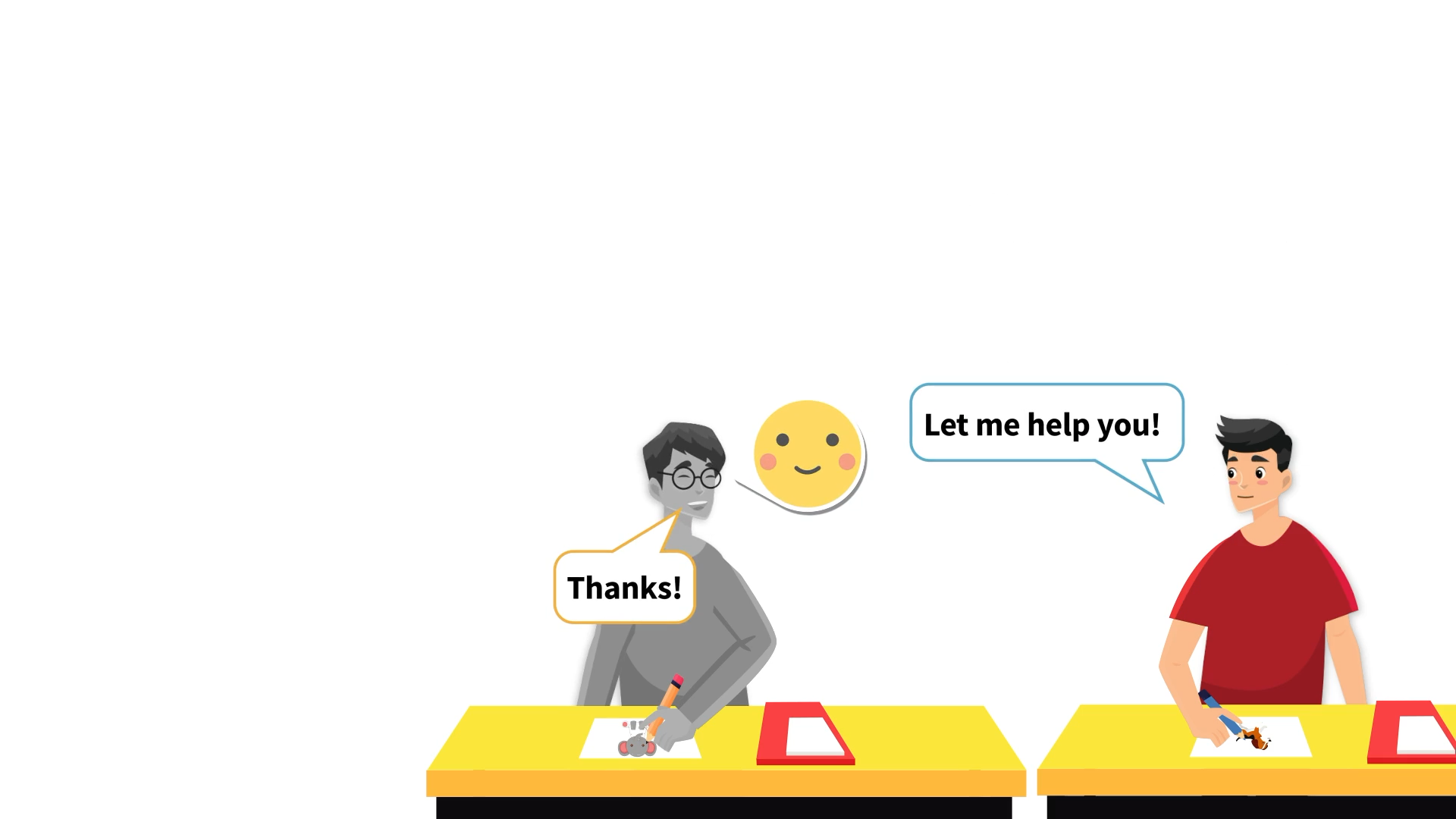In today’s world, the ability to understand and empathize with others’ thoughts and feelings is crucial. This skill is especially important for educators working with students in Special Education. By fostering empathy and understanding, students can learn to act in ways that keep others feeling good, improving social interactions and creating a positive learning environment. In this blog post, we’ll discuss a no-prep activity for educators, followed by discussion questions, related skills, and steps to access more resources.
Introduction
Empathy and understanding are vital components of Social-Emotional Learning. By considering others’ thoughts and feelings, students can learn to navigate social situations effectively and create positive relationships. To develop these skills, students need to become good observers, think about what’s happening, make guesses about how others might feel, and consider what they know about the other person. This process helps students prioritize others’ happiness and well-being, leading to more positive and supportive interactions.
No-Prep Activity
An excellent no-prep activity to help students develop empathy and understanding is called “Emotion Detective.” In this activity, the educator selects a student to be the “detective” while the rest of the class acts out various emotions. The detective must observe the other students’ facial expressions, body language, and actions to guess which emotion they are portraying. This activity helps students practice their observation skills and learn to recognize and understand the emotions of others.
Instructions:
- Select a student to be the “Emotion Detective.”
- Have the remaining students choose an emotion to act out (e.g., happy, sad, angry, surprised).
- The detective observes the students and tries to guess the emotion they are portraying by paying attention to facial expressions, body language, and actions.
- Once the detective has guessed the emotion, discuss as a group how the students displayed that emotion and what clues the detective used to make their guess.
- Repeat the activity with a new detective and different emotions.
Discussion Questions
- Why is it important to be aware of others’ feelings and thoughts in social situations?
- How do you feel when someone understands your thoughts and emotions? How do you feel when someone doesn’t?
- What are some ways we can become better observers and understand others’ emotions?
- How can understanding others’ feelings help us make better choices in social situations?
- Can you think of a time when you changed your behavior based on someone else’s feelings? How did it affect the situation?
Related Skills
Developing empathy and understanding is closely related to several other essential skills:
- Active listening: Paying close attention to what others are saying and responding appropriately.
- Nonverbal communication: Recognizing and interpreting body language, facial expressions, and other nonverbal cues.
- Conflict resolution: Addressing disagreements and finding solutions that respect everyone’s feelings and needs.
- Collaboration: Working together effectively and understanding each team member’s thoughts and feelings.
Next Steps
Developing empathy and understanding is a crucial skill for students in Special Education. By incorporating these principles into your teaching, you can help students navigate social situations more effectively and create a positive learning environment. To access free sample materials for this skill and others, sign up at Everyday Speech Sample Materials. These resources will provide you with additional support and ideas for helping your students develop empathy and understanding, as well as other essential social-emotional skills.






